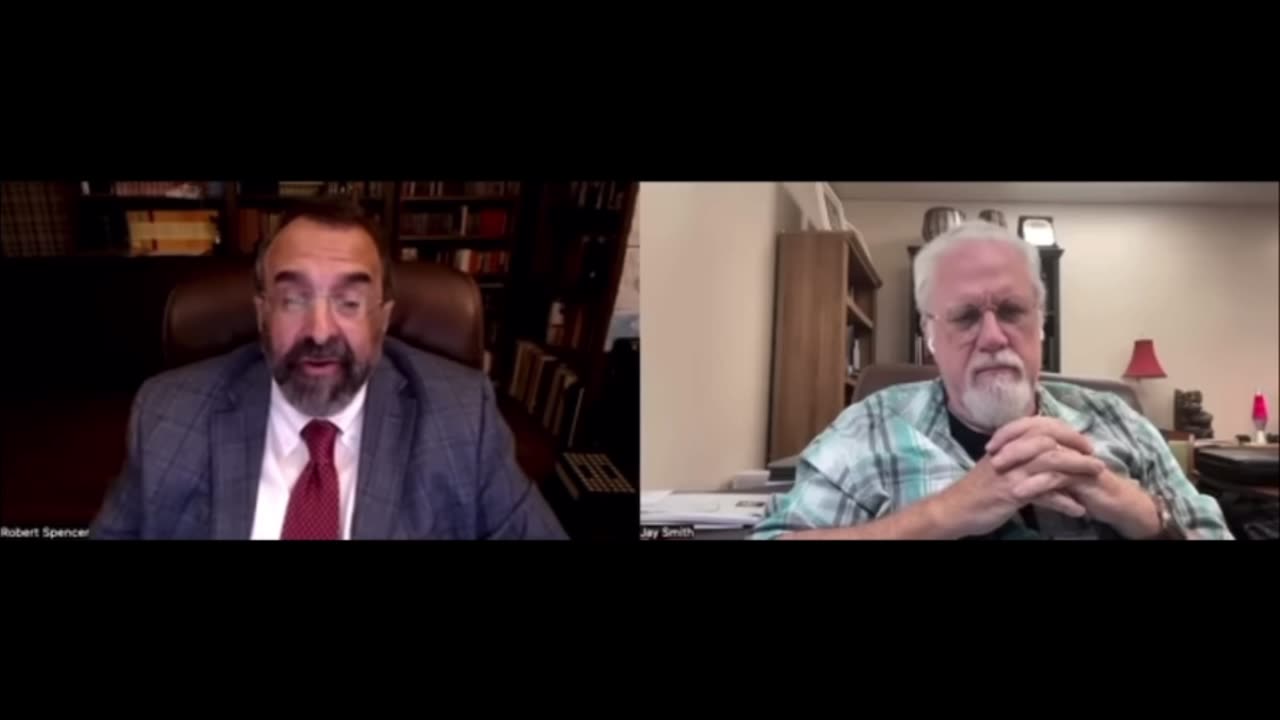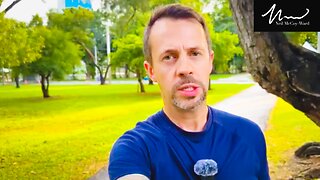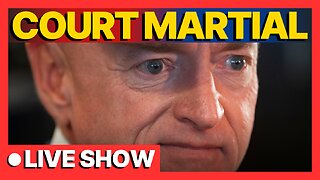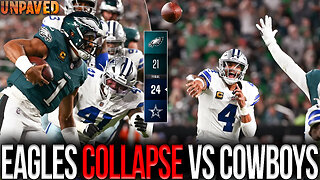Premium Only Content

ROBERT SPENCER & JAY SMITH - "Muhammad, a Critical Biography" confronts Muhammad's existence!
August 7, 2025 - Pfander Centre for Apologetics & Polemics - US.
- - - -
Robert Spencer looks at the first 3 chapters of his new book: "Muhammad, a Critical Biography", which is absolutely timely, considering what has happened to the breakdown of historical support, even by Muslims scholars, for the existence of Muhammad in the last few weeks.
Jay begins this interview by asking Robert what exactly is the "Sunnah"?
Robert explains that the Sunnah is what Muhammad supposedly said and did, according to the earliest sources in Islam (the Hadith and the Sira). Yet, those sources don't have much credibility within Western academic institutions any more, especially due to the admission last month by two of the Muslim world's best scholars, Dr Yasir Qadhi and Dr Shabir Ally, that the Hadith and Sira are now considered "Discredited" by Western academics, and Muslims are waiting for anyone to 'write a book' to prove their credibility historically.
The problem Robert said is that no one can trust 200 - 300 years of Oral Tradition (which is the process by which Muslims know what their prophet said and did), because it is open to manipulation, accretions, deletions and corruptions, which is happening even as we speak; just look at the ever changing translations of the Traditions on 'Sunnah.com' as people keep finding problems with the relevancy of Muhammad's story...even today.
For instance, the story of Muhammad striking Aishah's chest and causing her enormous pain, has just been changed to "Muhammad nudged Aishah and made her sad"; in an attempt to make Muhammad more palatable to the Western mindset.
Reza Aslan famously wrote a book "Zealot" where he portrayed Jesus as violent and rebellious, while Muhammad was peaceful; completely refraining from talking about his violence or misogyny.
Ironically, most scholars believe that portraying Muhammad violently normalized this violence for later compilers of his Sira, and explains why these "embarrassing" actions were not censored. In the 19th century Europeans didn't question these problems because they needed the political support of Middle Eastern governments, forcing scholars to craft favorable views of Muhammad.
Robert talks about 2 types of Criticism 1) Internal criticism, which evaluates Muhammad's morality and relevancy, and 2) External Criticism, which evaluates his historical existence.
Robert mentioned the title MHMD, which was first employed by Jews in 518 AD, so long before MHMD was used by Christians in the 7th century as a title for Jesus. He noted that the 10 references to MHMD in the 7th century all mentioned that he was merely a prophet, a warrior, with a sword, which could apply to any warring leader of men.
These Arabs Saracens conquered almost half of the known world in the 7th century, so, Robert asks, why did the conquered know nothing about any Muslims or any Qur'an?
But, most puzzling, Robert asks, was why no one wrote anything down in the century that he lived? Muslims like Mustafa al-Siba'i respond (with no evidence) that Muhammad forbade them to write anything down, and it was too much for them to write, yet they all had "100 % accurate recall, for 200 years"!
Robert referred to other problems, including the problem of stories surrounding Muhammad becoming more detailed and elaborate as time went on, almost always due to political purposes.
The problem with extant manuscripts which we have today suggest that none of the authors of the Traditions (Hisham, Bukhari, Muslim, Tabari) wrote anything down which we possess today, and the earliest manuscripts we can find don't appear until the 11th century and continue up to the 16th century, but were not canonized until a German scholar, Wustenfeld, wrote the Sira, and a Dutch scholar, de Goeje, compiled the Tafsir and Tarikh, suggesting that the Muslims weren't interested in Muhammad's biography and sayings until the Europeans wrote them down for them.
Robert ended by suggesting that today's Western academics don'[t question the historicity of Muhammad because of their fear of being called "bigots, racists, and Islamophobic", as well as having their salaries, supplied by Middle Eastern petrol dollars cut off, and a very real fear of being killed (i.e. Salman Rushdie, Taslima Nasreen, and even Robert Spencer himself)!
Robert Spencer has now written 31 books, and four on Muhammad, including:
2006 = "The Truth about Muhammad" (an internal critique of Muhammad)
2012 & 2021 = "Did Muhammad Exist?" (an external critique of Muhammad)
2024 = Muhammad, A Critical Biography" (an external Historical critique of Muhammad)
-
 51:15
51:15
ShariaKills
28 days agoJOHN GUANDOLO - TRUMP ON ISLAM, STATUS ON THE INFILTRATION, WHAT SHARIA SAYS
35 -
 LIVE
LIVE
The HotSeat With Todd Spears
1 hour agoEP 214: Do YOU Believe In Miracles???
604 watching -
 8:22
8:22
ChukesOutdoorAdventures
1 day ago $0.06 earnedMarlin 1894 Trapper in 10mm
592 -
![[Ep 798] What the Hell is in our Food? | Brotherhood of Terror | 2026 Economic Boom!](https://1a-1791.com/video/fwe2/f7/s8/1/C/a/S/C/CaSCz.0kob-small-Ep-798-What-the-Hell-is-in-.jpg) LIVE
LIVE
The Nunn Report - w/ Dan Nunn
1 hour ago[Ep 798] What the Hell is in our Food? | Brotherhood of Terror | 2026 Economic Boom!
242 watching -
 21:09
21:09
Neil McCoy-Ward
1 hour ago🔥 SHOCK! As This 'UNEXPECTED' Move Has Left Western Leaders Scrambling!
2 -
 1:17:25
1:17:25
TheSaltyCracker
2 hours agoSALTcast 11-24-25
34.3K42 -
 7:51
7:51
Dr. Nick Zyrowski
6 days agoHow To Starve Fat Cells - Not Yourself!
41.7K6 -
 1:11:53
1:11:53
DeVory Darkins
3 hours agoBREAKING: Hegseth drops NIGHTMARE NEWS For Mark Kelly with potential court martial
101K64 -
 LIVE
LIVE
Dr Disrespect
6 hours ago🔴LIVE - DR DISRESPECT - ARC RAIDERS - BLUEPRINTS OR DEATH
2,032 watching -
 1:10:26
1:10:26
Sean Unpaved
4 hours agoJalen Hurts & Eagles COLLAPSE In LOSS vs. Cowboys | UNPAVED
25.9K2